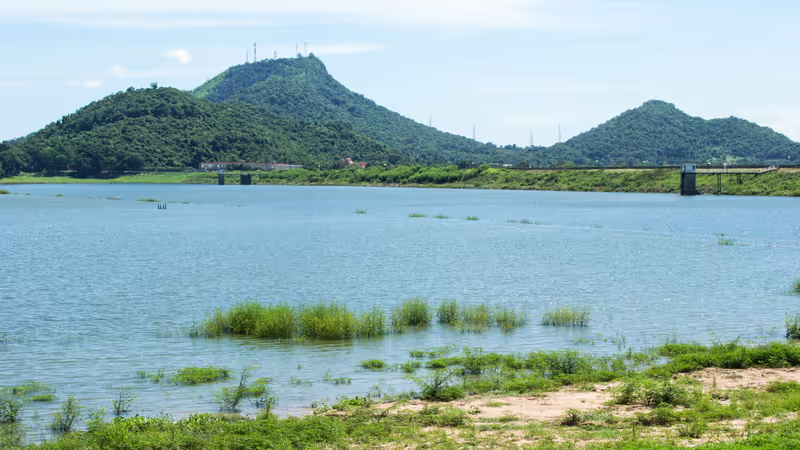| Student: | |
|---|---|
| Timeline: | November 2015 - 1 November 2021 |

Wetland ecosystems make up approximately 6% of the Earth’s land surface (OECD, 1996). However, wetland habitats have been extensively altered over the years by commercial and residential development. As a result, some aquifers are literally dying due to habitat destruction, excessive drainage, flooding, or water quality degradation. In freshwater wetlands, hydrology plays a key role in vegetation dynamics. In turn, vegetation affects soil water balance through growth dynamics, transpiration and interception. The strong coupling between vegetation and surface/sub-surface water leads to important feedbacks between hydrology and ecosystem processes. Understanding better these main wetland components and processes would help guide efforts in the protection and restoration of wetlands.
This PhD research takes the Honghe National Nature Reserve (HNNR) in China as the research object and focuses on the simulation of wetland hydrodynamics with fundamental consideration to the physics of surface/sub-surface water flow processes. The results of this thesis will contribute to the following aspects:
- Simulate the hydrodynamics in freshwater wetlands on a rigorous physical basis.
- Elucidate the dynamic water-vegetation interactions in freshwater wetlands with a new eco-hydrological model.
- Simulate the areal expansion and contraction of wetland systems and associated water routing (horizontal and vertical) in response to different hydrologic conditions.






